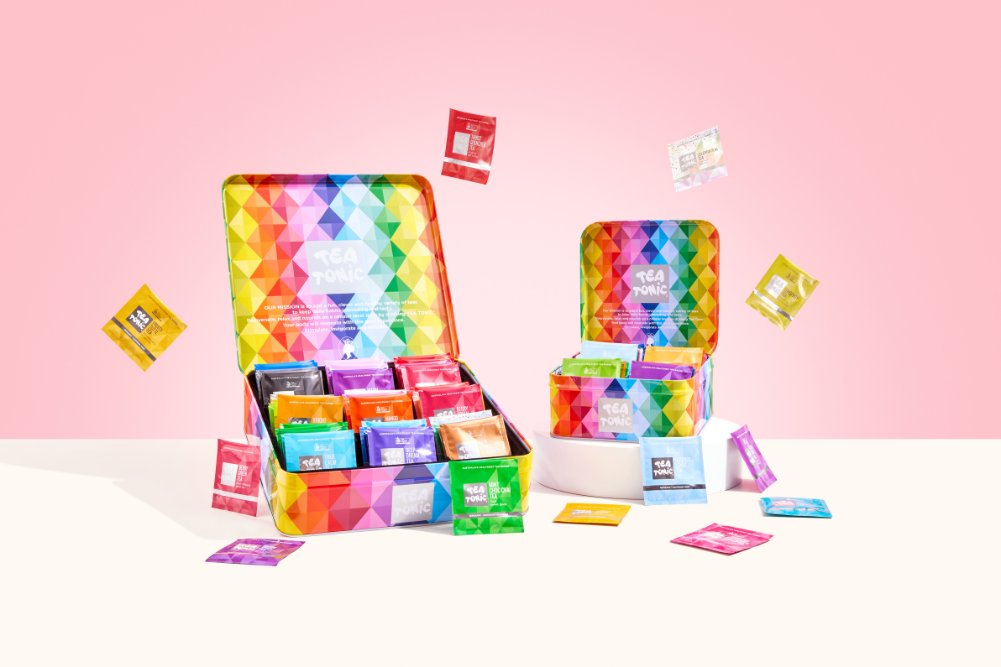Mindful strategies to manage iso-anxiety
We’re all marinating in a lot of uncertainty, stress and pressure right now. Yes, our stories are all different and so are the specifics of our stress, but one thing’s for sure… Everyone is doing it tough. Some, tougher than others.
Even if you haven’t experienced anxiety in the past, the current conditions can really increase our anxiety. Our brains are constantly scanning the environment to make sure we are safe, and right now if you’re watching the news a lot or your conversations are all Covid related, it could be increasing your tendency to feel anxious.
Are you finding it hard to get to sleep at night? Or perhaps you’re experiencing one of the following:
- Noticing you’re more irritable than normal
- Finding yourself being a little less kind and a bit more intolerant of your loved one
- Feel a bit flat or down
- Feel lonely, disconnected or just plain over it…
Mindfulness is a practice that trains us in developing greater awareness of what is happening from moment to moment. We need this training because the mind was not designed to be easily present. When we are present to what is going on, we have greater power and freedom to respond to life’s challenges with greater wisdom and effectiveness.
When we are present to what is going on, we have greater power and freedom to respond to life’s challenges with greater wisdom and effectiveness.
Rather than being held captive by our pre-programmed unwanted habits or anxieties (emotional eating, emotional reactivity and triggering that corrodes our relationships, addiction etc), we have the chance to consciously re-create our behaviours, stories and destiny.
Although meditation is the crucial training ground for developing mindful awareness, we can also be more mindful in our choices and behaviours to support our wellbeing and reduce iso-anxiety.
Be mindful of the media you consume
The media we consume has a very deep effect on our minds and bodies. Each time we switch on the news or radio and hear stories related to Covid we are activating our stress response. So make sure you are being mindful of how much news you’re watching and tune in to the effect it is having on you. In particular make sure you’re not watching or listening to the news just before bed as it’s a sure way to insomnia.
Be mindful of your breath
Your breath is intimately connected to your nervous system. Use it to your advantage when you’re feeling stressed to calm yourself down by slowing your breath and extending your exhalation. This will quiet your entire nervous system and activate your para-sympathetic nervous system – known as the rest and digest part of the nervous system. You’ll feel calmer and be less reactive, and as a result respond more effectively to the current challenges and stresses you face.
Name it to tame it
Neuroscientific research demonstrates that when we’re stressed, talking or writing about how we’re feeling helps us calm down. As we become more mindful of difficult emotions, we reinforce neural pathways that help us remember to pause when we’re in the heat of an emotion, and use the most evolved part of the brain, the prefrontal cortex, to calm ourselves down.
Make meditation a habit
Although when we’re stressed the last thing we want to do is stop and meditate, my research has suggested that just ten minutes of meditation a day can bring you measurable benefits. That’s why I designed the Mindful in May global online meditation program as a 10 minute a day challenge to make meditation, simple, doable and effective. Give your mind a ten minute holiday and it will reward you with the powerful return on investment of greater focus, clarity and effectiveness.
Mindful in May: In times like these, we really can’t afford to lose our mind. Spend a month training your mind through Mindful in May and step into greater calm.








